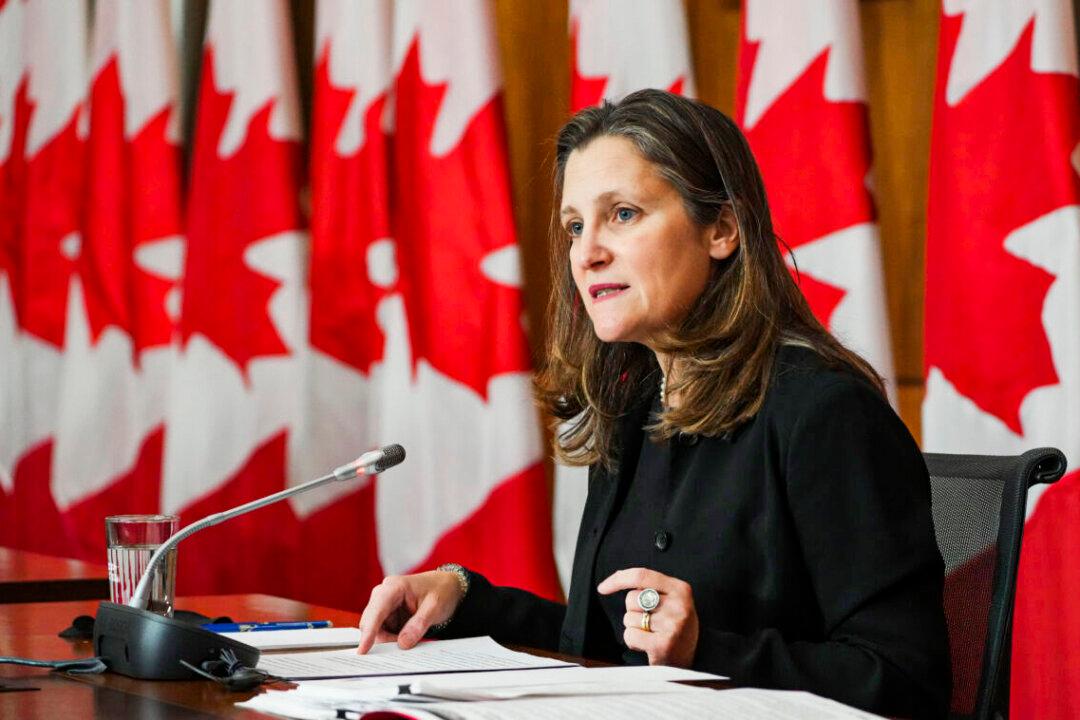Canada is taking steps to comply with a 15 percent global minimum tax on multinational companies starting in 2023, but a report says the new regime could adversely affect Canadian wealth and tax revenues and make countries vie for the international taxes on a “first-come, first-served” basis.
The C.D. Howe Institute’s May 31 report, written by Angelo Nikolakakis, a partner with international law firm EY Law, says that if Canada doesn’t make “other strategic adjustments,” it “will likely be impoverished.”
The global corporate minimum tax scheme championed by the Organisation for Economic Co-operation and Development (OECD) and G20 consists of two pillars. Pillar One allocates new taxing rights to countries where about 100 of the world’s largest multinational enterprises (MNEs) operate. Pillar Two establishes a minimum tax of 15 percent on MNEs that have annual consolidated revenues of $750 million euros (C$1 billion), which includes many Canadian MNEs.
“The regime contemplates the introduction of a veritable tax smorgasbord,” Nikolakakis said.
The report analyzed the most recent releases from the OECD regarding implementation of the minimum tax’s “Model Rules,” which describe the process countries are to use in calculating the required top-up tax if a company’s effective tax rate is below 15 percent and how Canada could potentially compete to get more of this tax revenue.
“The best outcomes would arise if Canada were to adopt a Canada-first approach, whereby Canadian MNE groups had the incentive to reduce foreign taxes, in a way that results in Canada being the country that collects the 15 percent global minimum tax,” Nikolakakis said.
But instead of raising additional tax revenues under the regime, Canada could suffer losses, according to the report. Nikolakakis pointed out that if the relevant foreign jurisdictions increase their tax rates, either in general or under Pillar Two, Canada’s adoption of Pillar Two might not raise the $3.5 billion in annual tax revenues once estimated by Canada’s finance minister.
This is because, as Nikolakakis explained, if Canadian-based MNEs pay more foreign tax, it would likely result in an offset against Canadian taxes otherwise payable by them, and more importantly, result in lower after-tax foreign earnings for those MNEs.
“This, in turn, would reduce their ability to reinvest, and reduce their distributions to Canadian stakeholders, with adverse implications for the overall Canadian economy,” the report stated.





